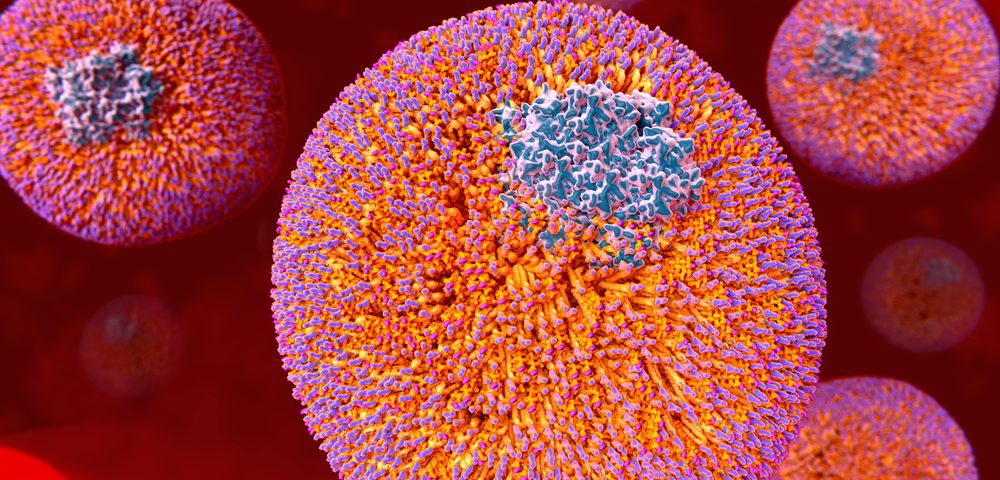The first patient has been dosed in a Phase 1 trial of MM-310 as a treatment for solid tumors, according to its developer, Merrimack Pharmaceuticals.
MM-310 is an EphA2 receptor-targeted vesicle — or fluid-containing sac — that carries a taxane to tumor cells. A taxane is a therapy that stops cell growth by preventing cells from dividing.
Merrimack said MM-310 has fewer side effects than another taxane, Taxotere (doxetacel).
The first patient in the MM-310 trial was dosed at Honor Health in Scottsdale, Arizona. Patients at four other U.S. sites are expected to take part in the study.
“The initiation of this study is an important step in evaluating MM-310’s safety and preliminary activity in patients diagnosed with solid tumors,” Vasileios Askoxylakis, MD, PhD, Merrimack’s medical director and MM-310 project leader, said in a press release.
“MM-310 was designed to maximize targeted delivery and local activation of a newly engineered and proprietary prodrug of docetaxel, a broadly-used potent chemotherapy that is often associated with significant drug-related toxicities, with a goal of minimizing exposure to healthy tissue,” he said. “In several preclinical models, MM-310 not only demonstrated superior antitumor activity when compared to free docetaxel, but also fewer hematologic [blood-related] toxicities. We look forward to continuing MM-310’s development via this study.”
The EphA2 receptor is believed to be expressed at high levels in 50 to 100 percent of major tumor types. They include cancers of the lungs, breast, ovaries, prostate, bladder, pancreas, and stomach.
MM-310, a tiny particle containing Merrimack’s proprietary version of docetaxel, targets EphA2 receptor-positive cancer.
The open-label Phase 1 trial (NCT03076372) will assess the safety and preliminary activity of MM-310 in patients with solid tumors. It is expected to enroll up to 34 patients with certain solid tumors, including ovarian cancer.
There will be three parts to the trial. Part 1 will involve researchers administering MM-310 as a stand-alone therapy by intravenous injection in 21-day cycles — until they find the maximum dose patients can tolerate.
The second part of the trial will involve giving MM-310 as a stand-alone therapy to an expanded group of participants. The third part will involve administering MM-310 in combination with other therapies to find maximum tolerated doses.
Merrimack expects to present the Part 1 trial results in 2018.
The company will present pre-trial information about MM-310 at this year’s American Association for Cancer Research annual meeting from April 1-5 in Washington.

